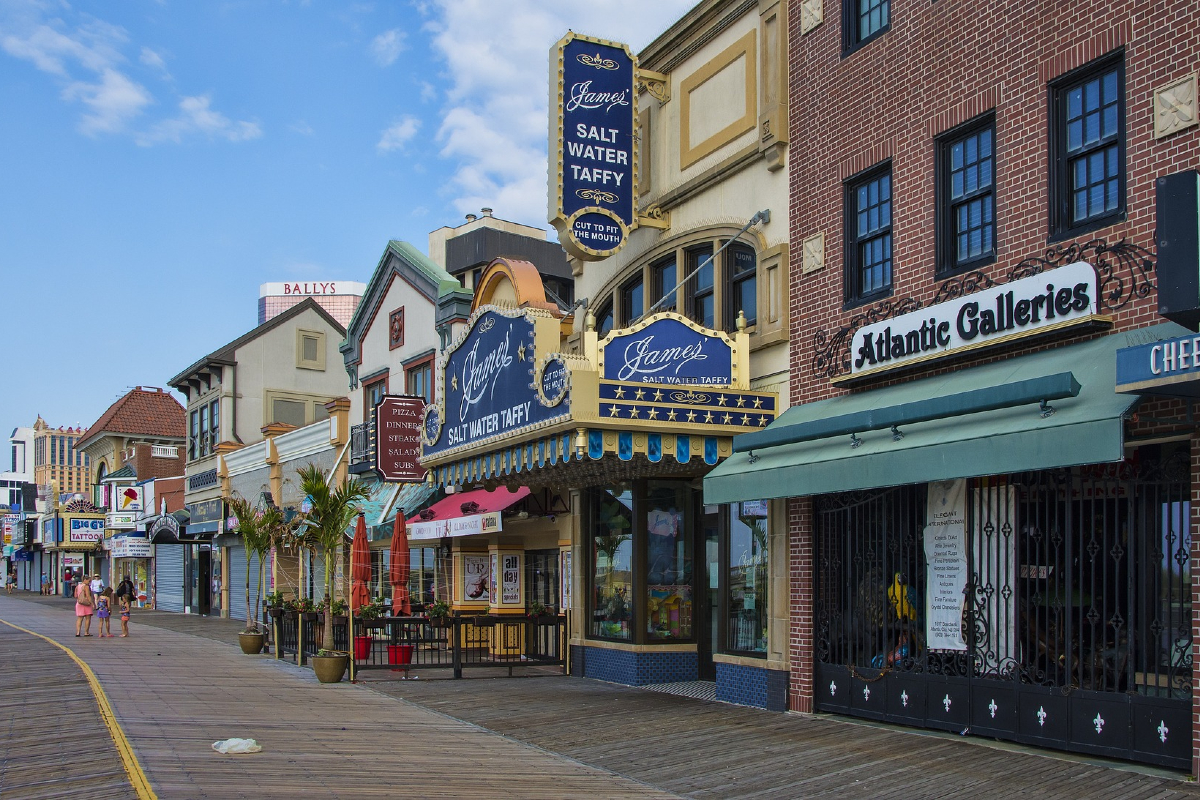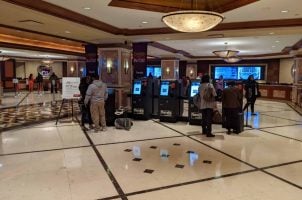Atlantic City Casino Property Tax Remains in Dispute as State Judge Delays Decision
Posted on: October 17, 2022, 10:22h.
Last updated on: October 17, 2022, 10:45h.
Atlantic City casinos still aren’t exactly sure just how much money they’ll be on the hook for in property taxes this year. That’s after a state judge agreed to stay his August ruling by 90 days.

In August, New Jersey Superior Court Judge Michael Blee said the state’s decision to recalculate how much the nine casinos pay in property taxes by way of their payment-in-lieu-of-tax (PILOT) arrangement violated the state constitution. After heeding calls from the local gaming industry, the legislature — at the bequest of then-Senate President Stephen Sweeney (D), a longtime casino advocate who was shockingly defeated by a Republican political newcomer in the 2021 election — last year passed a bill that removes iGaming and online sports betting revenue from the PILOT calculation.
PILOT was first passed in 2016. The plan allows the casinos to pay a collective property tax based on their annual gross gaming revenue (GGR). The 2021 adjustment was made after casino executives said much of the internet income goes to third-party contractors like DraftKings who have little to no physical presence in the gaming beach town.
Blee concluded that the state can’t provide a tax benefit to a specific industry unless it also provides a “public purpose.” The judge said the 2021 bill was enacted only to aid the casino industry, which will negatively impact other property taxpayers in the city and Atlantic County.
Stay Granted
The State of New Jersey asked Blee to stay his decision as it considers its legal recourse. Blee granted the request late last Friday for 90 days, with further extensions possible.
Attorneys representing Atlantic County are urging the New Jersey Supreme Court to consider the matter immediately. An appeal to the state Appellate Court would result in the losing party almost certainly bringing that outcome to the state’s highest court.
The casinos would save $55 million this year alone if the 2021 PILOT bill is deemed constitutional. That substantial financial impact, county attorneys believe, warrants a quick resolution for the casinos, county and city governments, and local taxpayers,
Atlantic City attorney Seth Grossman and his Liberty & Prosperity 1776 nonprofit brought the PILOT lawsuit against the state. They did so on grounds that it wrongly hurts local property taxpayers. Grossman has long opposed the PILOT scheme and continues to field grievances from local taxpayers who believe they’ve suffered financial hardships because of higher real estate taxes since the program started.
Public Purpose Debunked
Blee believes his ruling will ultimately prevail. The judge says the state failed to convince the court that without such tax savings, several casinos could be at risk of closing and laying off thousands of workers.
That is the primary “public purpose” argument the state and casinos can make. Blee doesn’t think it holds weight.
“The crux of Defendants irreparable harm claim is that this Court’s Order nullifying the 2021 Amendment as unconstitutional and reverting to the 2016 Amendment destabilizes the greater Atlantic City area as well as the casino industry, and subsequently infringes on the State’s sovereignty interests,” Blee wrote. “It is mathematically undisputed that the 2016 amendment provides the City and the County more revenue than the nullified 2021 Amendment, thus avoiding the destabilization of municipal and county governments in the greater Atlantic City area.”
Related News Articles
New Jersey Asks Judge to Delay Atlantic City Casino Tax Ruling as Appeal Proceeds
Most Popular
Mirage Las Vegas Demolition to Start Next Week, Atrium a Goner
Where All the Mirage Relics Will Go
Most Commented
-
Bally’s Facing Five Months of Daily Demolition for Chicago Casino
— June 18, 2024 — 12 Comments -
Chicago Pension Mess Highlights Need for Bally’s Casino
— July 2, 2024 — 5 Comments















